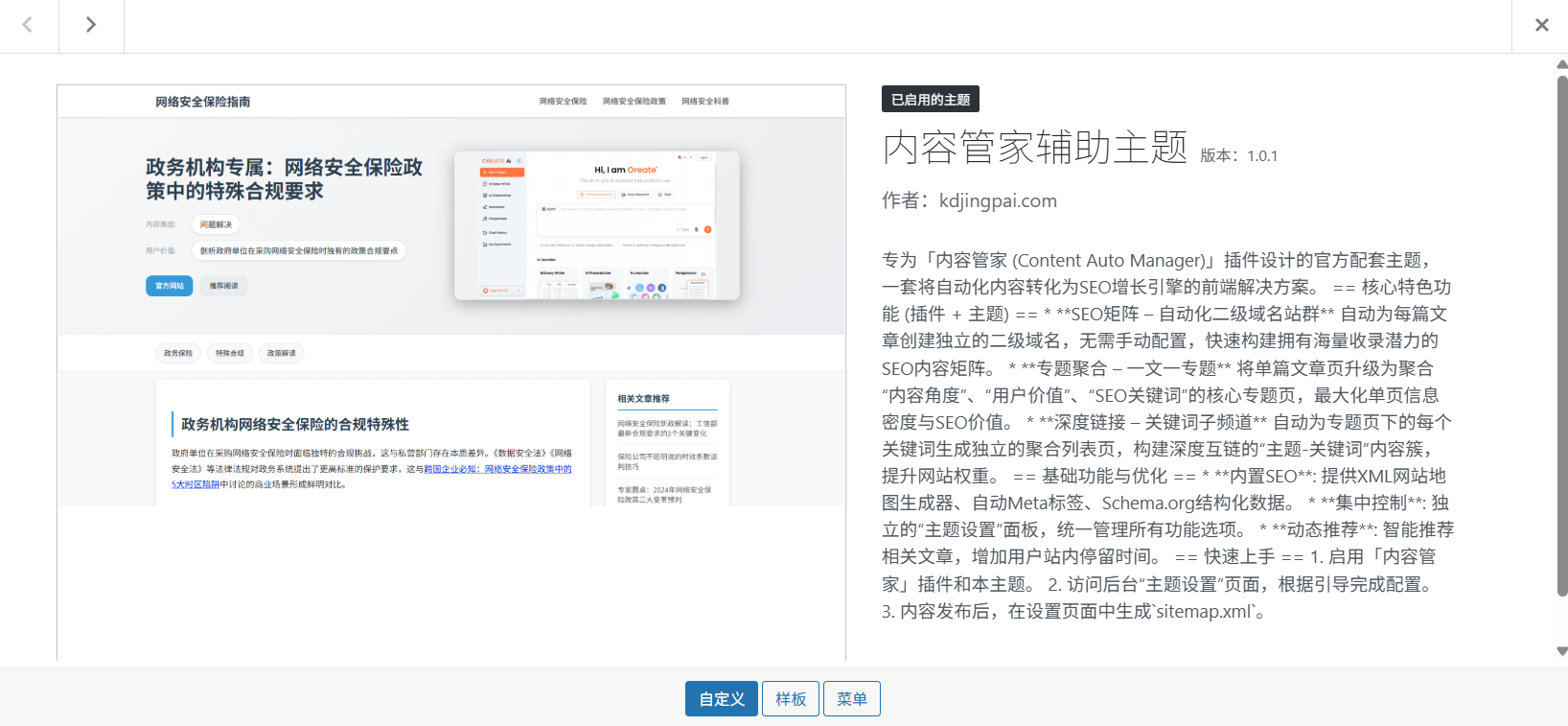Technical Architecture and Benefits of Localized Deployment
The locally deployed version of Comp AI is modular in design, with a core technology stack that includes Next.js front-end, Prisma ORM, Postgres database and Trigger.dev back-end tasking system. Enterprises need to prepare Node.js 20+, Bun 1.1.36+ and Docker environments, and clone the complete codebase with one click via GitHub repository.
The self-hosted program offers three core values:
- Data sovereignty safeguards: All evidence and reports are stored in the organization's own infrastructure, avoiding the risk of data retention in cloud services
- Deep Integration Capabilities: Can directly interface with internal GitLab, Jira and other non-public systems to extend the scope of evidence collection
- Customized Development: Modify code to accommodate special compliance requirements (e.g., financial industry riders) based on the AGPLv3 license.
In the case of a healthcare organization, the self-hosted version successfully integrated with the hospital's HIS system to automatically collect patient data processing logs as evidence of GDPR compliance, increasing audit efficiency by 400%. The platform supports a wide range of audit activities via thebun docker:upcommand to quickly build a containerized environment with theturbo devStart the full service stack.
IMPORTANT: Commercial organizations modifying the code are subject to the AGPLv3 contagion clause or contact Comp AI for a commercial license.
This answer comes from the articleComp AI: An Open Source Platform for Automating SOC 2, ISO 27001 and GDPR Compliance》
































